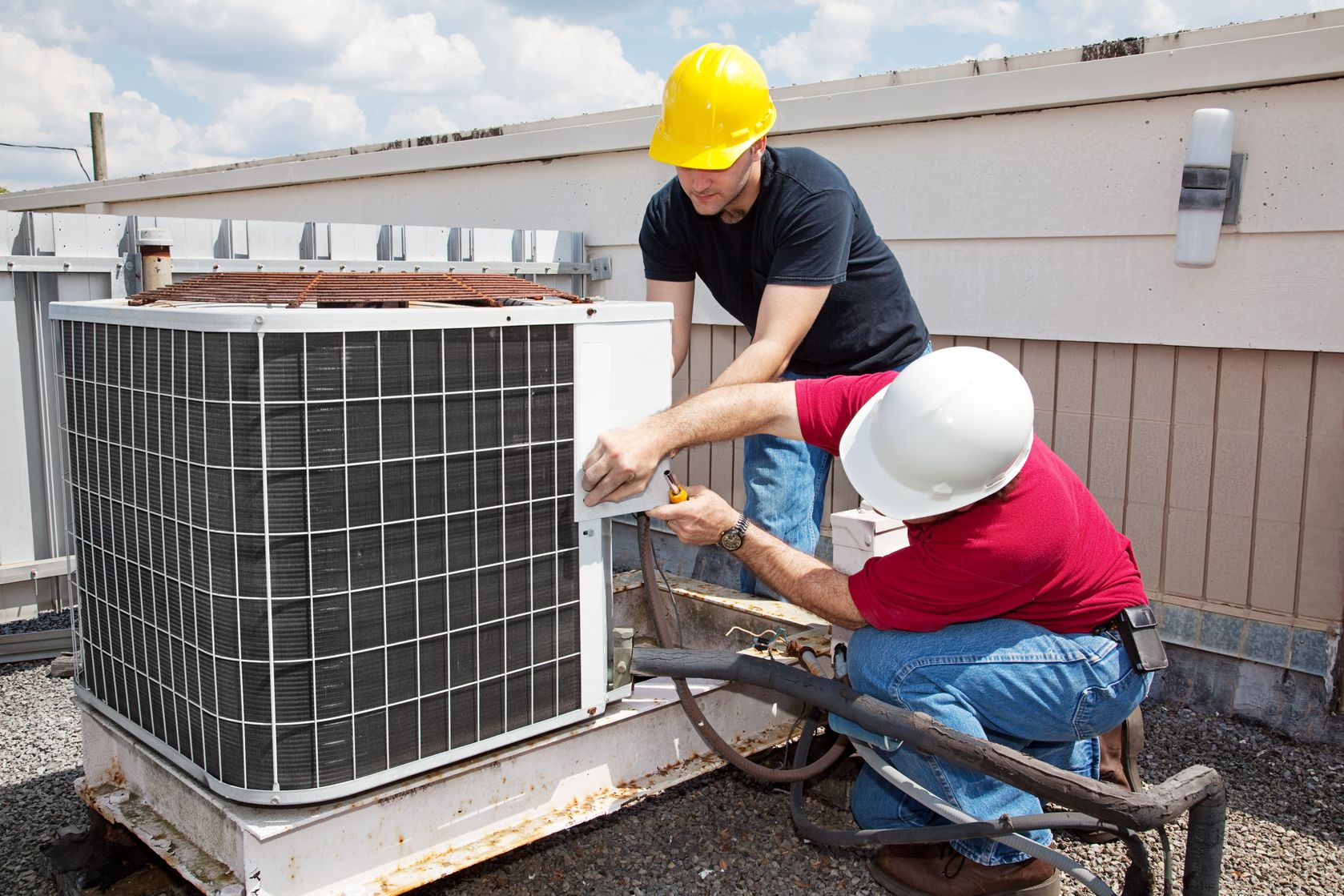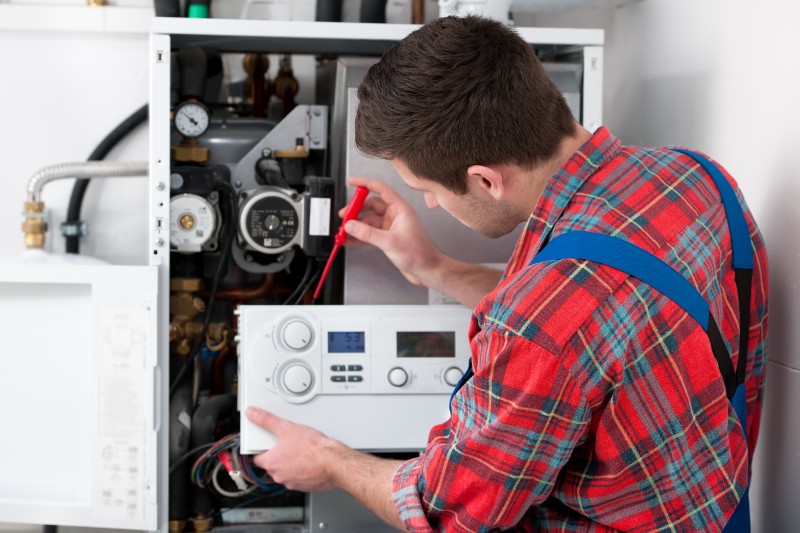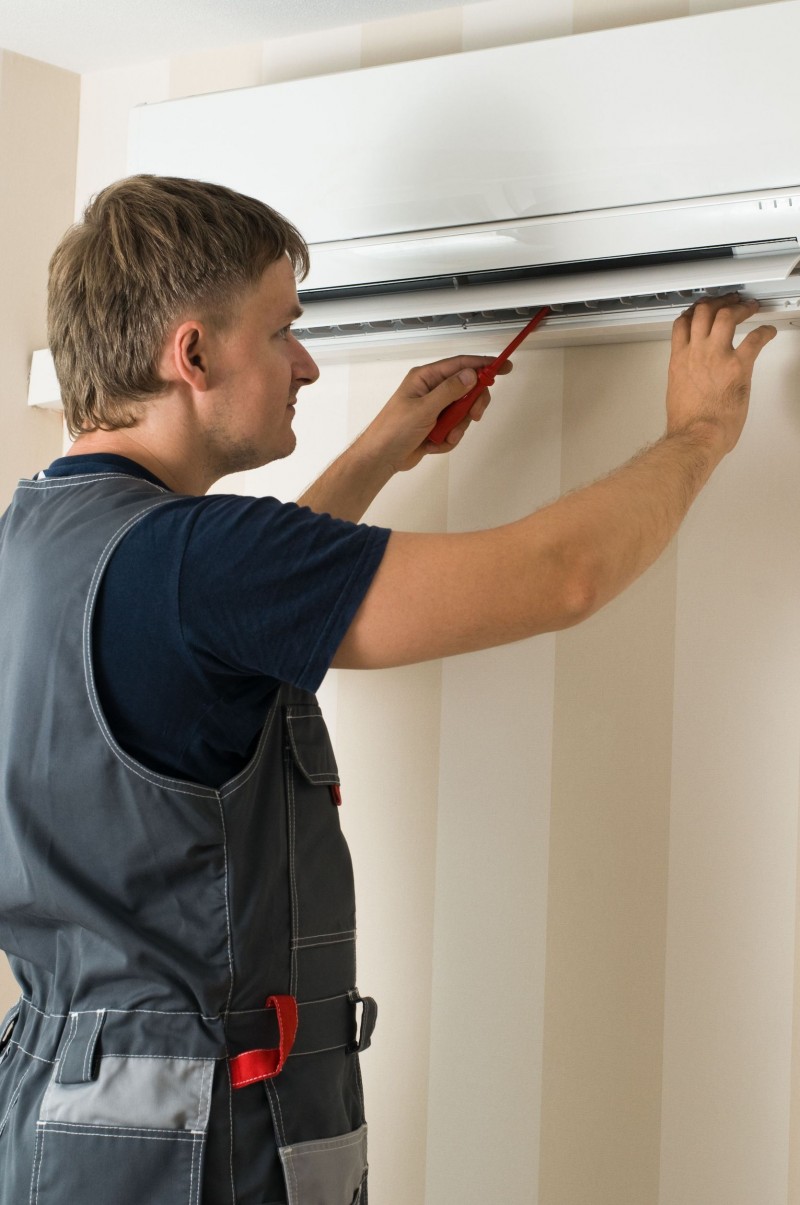One of the best aspects of home ownership are the moments we can enjoy lounging in our house while enjoying the cool air supplied by the central heating and air conditioning system. Unfortunately, enjoying the benefits of conditioned air also includes the responsibility of maintaining the appliances that supply that air. For example, whenever the air conditioner fails you need to call your favorite contractor and schedule a little AC Repair work. Another important responsibility for air conditioning owners is the annual maintenance and cleaning which is vital for extending the life of your heating and cooling appliances.
Even with the best of care your HVAC (Heating, Ventilation and Air Conditioner) system will fail eventually. Over time the A/C condenser will wear out or the circuit boards that control the automation of the system will degrade and eventually these parts will get difficult to locate. After an air conditioner reaches a certain age most service contractors will suggest you replace it simply because replacement parts become so difficult to find.
However, it is just as important to realize that an older air conditioner becomes less efficient as it ages, even when many of it’s components have been replaced. With the rapidly increasing cost of electricity, using an efficient Air conditioning replacement in Palm Harbor is the best way to reduce your energy footprint. Purchasing a new air conditioner has other benefits as well. For example, modern air conditioners tend to cool quicker than older models and many new HVAC systems have a smaller footprint than the older versions.
Large HVAC systems aren’t the only option for Air conditioning replacement in Palm Harbor. Many air conditioning contractors such as Airprompt Heating / Air Conditioning, Inc. are offering homeowners the option of a ductless air conditioner. Ductless systems work by using an external condenser that circulates the refrigerant to various indoor cooling units. These internal blowers are dispersed throughout the home and provide the user with individual zone control. Zone control means the homeowner has control over the temperature settings in specific areas of the home instead of applying one setting for the whole house.


